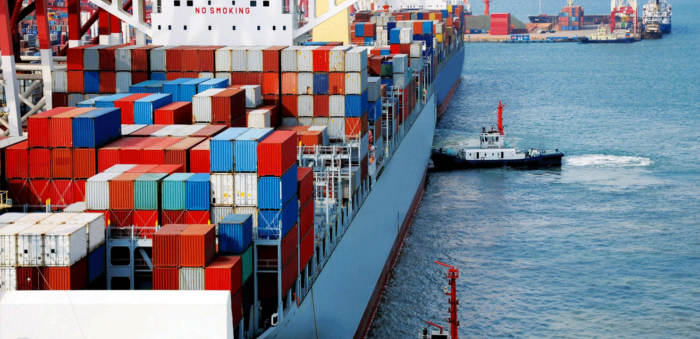Four trade associations of the international liner shipping industry submitted comments to the European Commission supporting the extension of the EU consortia block exemption regulation (BER) for five years more beyond its current 2020 expiration date.
The papers were submitted by the World Shipping Council (WSC), the European Community Shipowners’ Associations (ECSA), the International Chamber of Shipping (ICS), and the Asian Shipowners’ Association (ASA). The industry comments regards various legal and economic issues, but emphasize several key points:
- Vessel sharing arrangements are a fundamental part of the structure of the global liner shipping transportation network;
- The consortia BER has since 1995 provided transparent and practical legal guidance to vessel sharing arrangements for international liner shipping services operating from and to EU ports;
- Despite recent mergers in the liner industry, the industry remains unconcentrated and highly competitive, with freight rates at half of their levels twenty years ago;
- In addition to supporting operational efficiency and broader service offerings, the BER helps carriers reduce air emissions and greenhouse gases through higher utilization of vessel space.
According to John Butler, President and CEO of the World Shipping Council, the bottom line is that the BER has worked very well for almost 25 years, as it establishes clear rules.
This means that carriers can focus on seeking the most efficient transportation solutions without the cost and delay associated with legal self-assessment for these routine operational arrangements
[smlsubform prepend=”GET THE SAFETY4SEA IN YOUR INBOX!” showname=false emailtxt=”” emailholder=”Enter your email address” showsubmit=true submittxt=”Submit” jsthanks=false thankyou=”Thank you for subscribing to our mailing list”]
Speaking for part, Martin Dorsman, Secretary General of ECSA, believes that there are developments in the industry, but notes that the BER remains fit for purpose. He explained that the operational agreements covered by the BER lower obstacles to entry and enable carriers to compete on more routes.
Moreover, Guy Platten, Secretary General of ICS, commented that a factor that is new in this review of the BER is the fact that the IMO has set goals for GHG emissions reductions for the international shipping industry. For this reason the industry needs to “use every available tool to increase efficiency, and the BER supports vessel sharing that is a key tool for the liner sector to reduce its fuel burn and therefore reduce its emissions.”
Finally, Captain Ang Chin Eng, Secretary General of the Asian Shipowners’ Association, urged the Commission to maintain the BER, especially considering the fact that many Asian countries have legal regimes that treat liner shipping consortia in the same competitive manner as the EU.
It is in the interest of international trade that policies and laws are aligned globally at both ends of the trade route which will provide clear guidance for international shipping































































